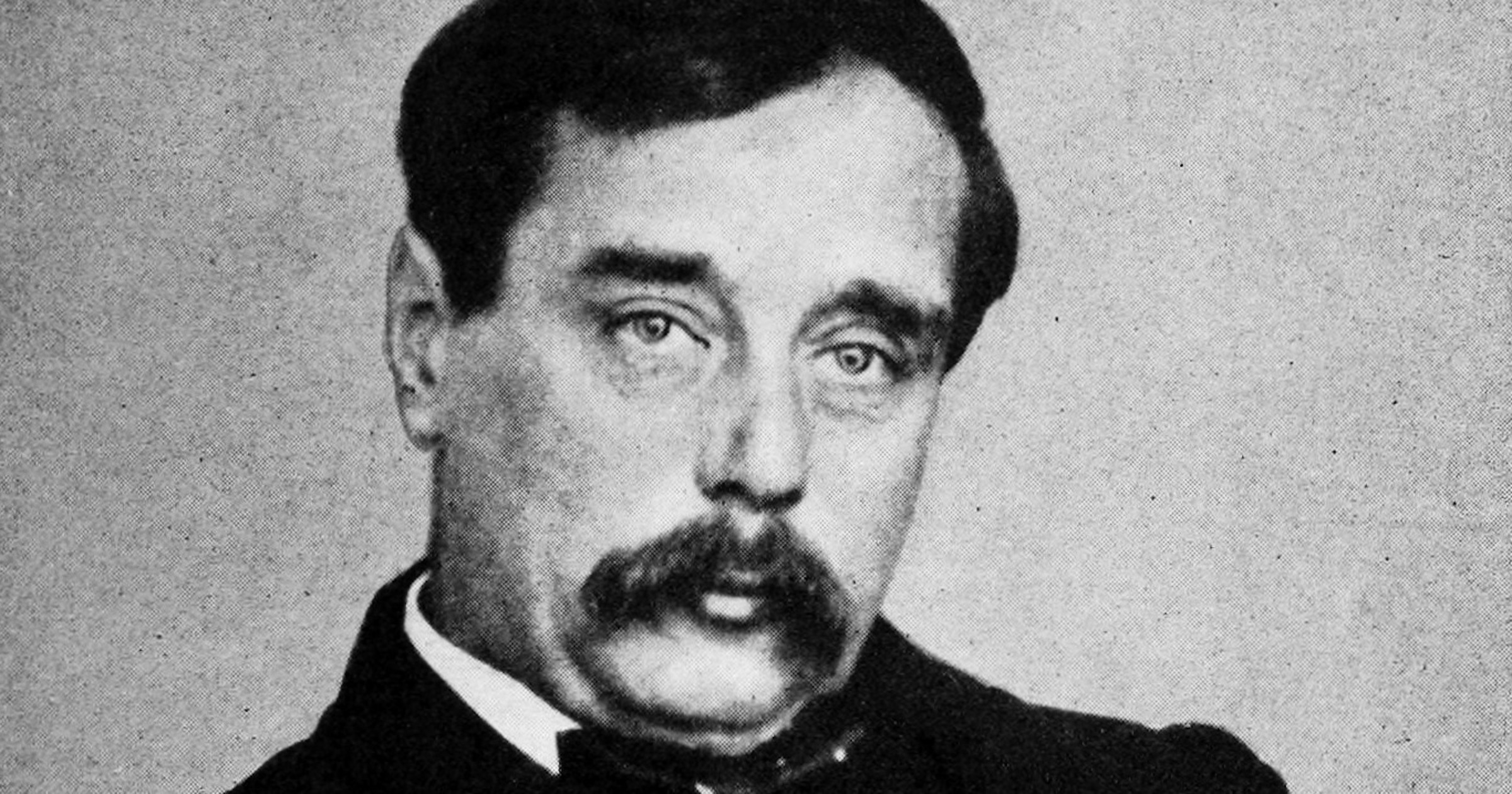 Culture & Ethics
Culture & Ethics
Literary Naturalism and a Time Machine

Yesterday I noted the effects of Darwinian materialism on literature. The first place we can see that is in the literary movement known as naturalism. Émile Zola, Thomas Hardy, George Eliot, Theodore Dreiser, Jack London, and Stephen Crane are examples of authors who wrote in this vein. Some, such as Hardy, began as literary realists and, in the wake of Darwin’s theory of evolution, were drawn into the naturalist mode.
As the Encyclopedia Britannica succinctly explains, naturalism “was inspired by adaptation of the principles and methods of natural science, especially the Darwinian view of nature,” and it emphasized
man’s accidental, physiological nature rather than his moral or rational qualities. Individual characters were seen as helpless products of heredity and environment, motivated by strong instinctual drives from within and harassed by social and economic pressures from without. As such, they had little will or responsibility for their fates, and the prognosis for their “cases” was pessimistic at the outset.
There were also authors influenced by Darwinism who wrote in a fantastical mode. In H. G. Wells’s science fiction classic The Time Machine (1895), the protagonist travels hundreds of thousands of years into the future only to discover that humans have evolved — devolved really — into two separate races. One is a thuggish underworld group. The other lives above ground and is hardly more ambitious than a flock of sheep. The inventor-protagonist then travels further forward in time and finds that all traces of humanity have disappeared. The sun is burning out, and life on Earth is heading for extinction. This aptly conveys Darwinian materialism’s vision of a meaningless universe grinding pointlessly toward a meaningless end.
Beyond the Sheltering Sky
In a similarly cheerless vein, Paul Bowles’s 1949 novel The Sheltering Sky depicts the blue sky as a façade protecting us from the reality of a dark, meaningless universe, with human civilization serving a similar function. In an interview with The Paris Review, Bowles commented:
If I’m persuaded that our life is predicated upon violence, that the entire structure of what we call civilization, the scaffolding that we’ve built up over the millennia, can collapse at any moment, then whatever I write is going to be affected by that assumption. The process of life presupposes violence, in the plant world the same as the animal world.
Why assume that life is ultimately meaningless and life predicated on violence? Likely because those are tenets of Darwinian materialism: matter is ultimately all there is, and humans and other creatures evolved in a pitiless, dog-eat-dog process of mutation and natural selection — the survival of the fittest.
In the 1960s, screenwriter Robert Ardrey influenced Hollywood in this direction, not through his screenplays but through two of his books, African Genesis and The Territorial Imperative. Ardrey pressed the idea that humans evolved to be violent — that we’re the vicious descendants of vicious apes. Two filmmakers influenced by him are Sam Peckinpah, director of the 1969 western The Wild Bunch, and Stanley Kubrick, director of Spartacus, A Clockwork Orange, and the science fiction classic 2001: A Space Odyssey. I will say more about the last of these tomorrow.
Editor’s note: This essay originally appeared in Salvo Magazine as “Art for Nothing” and is republished here with permission.
